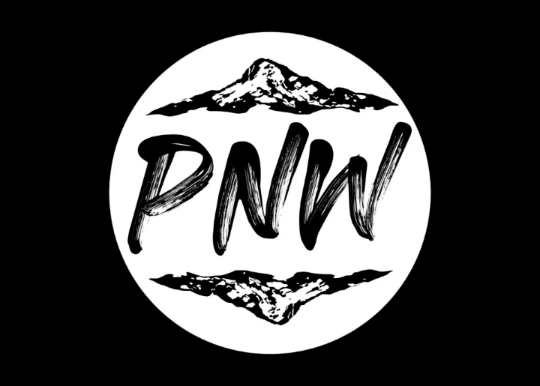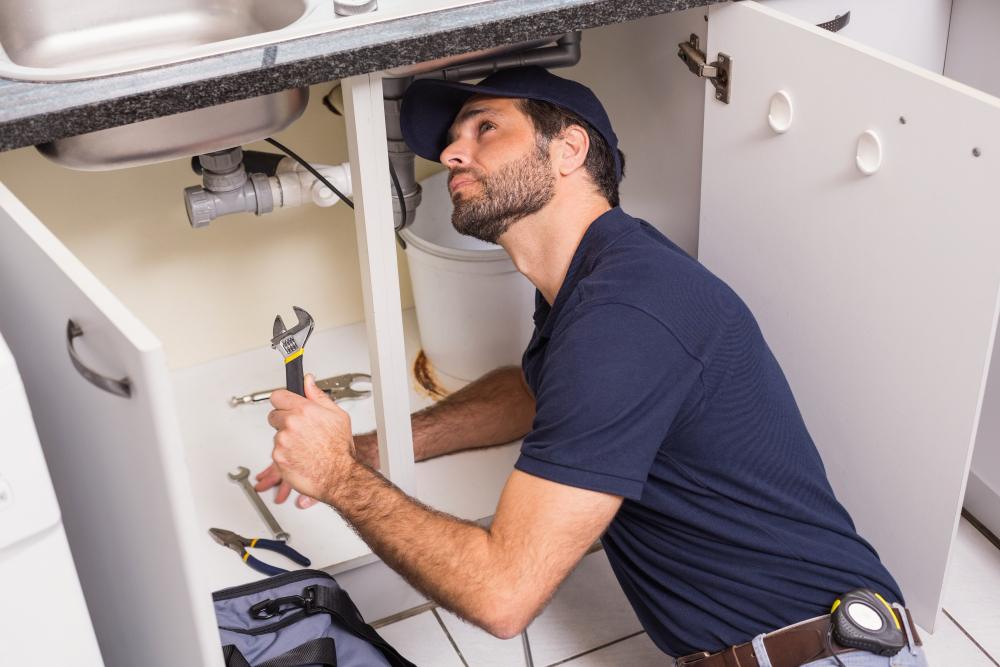Have you been awakened by the dripping sound from your bathroom faucet? Do you have trouble flushing your toilet? Is your shower's water pressure an issue? If you're a homeowner, you'll have to face plumbing problems sooner or later. But there's no need to worry: A few primary plumbing difficulties help address the issues. Each problem will be highlighted with solutions and tips on how the homeowner can deal with the matter. If you have any plumbing problems in your home, read this blog and get it sorted out!
- Clogged drains and toilets
Clogged drains can be identified by seeing water backing up while you empty a sink or take a shower. The indicators of a toilet blockage are typically more apparent. Instead of flushing regularly, water backs up and may even overflow in the toilet bowl. With a bit of do-it-yourself labor or a visit from a plumber, you can generally clear the blockage and restore regular function to your drains or toilet.
What causes it
Slow or clogged drains occur when anything partially or entirely blocks the drain. Hair is typically the culprit in sinks and showers, but other objects, such as a conditioner cap or a miniature object, can infiltrate and block the drain. The issue emerges when something different from biodegradable waste is flushed into the toilet. Because solid particles cannot pass through the pipe, they linger, making water flow past the obstacle and down the tubes challenging or impossible.
When should you call a plumber?
It is highly recommended that you call a professional if you are unable to clear a clogged drain or clogged toilet on your own. Another reason to call a plumber is recurring obstructions in the same trough. Regular use of caustic drain cleaners can damage pipes over time. A plumber can solve the problem and prevent future blockages while causing no harm to the line.
- Water heater issues
Water heater issues are usually visible. For example, you go to take a nice long shower and instead get soaked in biting cold water. Leaking water, pools of water, discolored water, and rumbling noises from the water heater unit are all signs of concern. In some cases, you can troubleshoot the problems yourself, but many water heater issues and repairs require professional expertise due to the complexities and possibility of harm.
What causes it
Water heater issues, such as a lack of hot water, are occasionally caused by leaks. In addition, water heaters can potentially be affected by mineral deposits. The deposits can reduce the heater's efficacy, resulting in a reduction in the supply of hot water throughout your home. Debris can also make loud noises in your water heater due to sediment heating and releasing or scale buildup on heating components.
When should you call a plumber?
When you have water heater problems, call an expert plumber unless the problem is straightforward to resolve, such as relighting the pilot light or regulating the water heater thermostat. However, water heaters may be dangerous, and repairs can be time-consuming, so it's best to leave the task to an expert.
- Low water pressure
It is typical for older homes to have low water pressure, but it can also occur in newer homes. Depending on the source, low water pressure might occur quickly or gradually worsen over time. Whatever the cause, low water pressure makes it challenging to rinse dishes and shower; therefore, fixing the problem is a top priority to resume regular water consumption.
What causes it
Several factors can cause low water pressure. A water main break may reduce strain on your tap, which may be the source of your neighbors' low water pressure. If a tube in your house leaks, you will notice the same drop in pressure. Make sure all taps are closed, and your water meter is reading correctly before looking for leaks. You most likely leak if your water meter swings. Another probable cause is mineral and debris buildup in the pipes and in the faucet filters and showerheads. This accumulation obstructs the passage of water, resulting in low pressure.
When should you call a plumber?
Contact a plumber if your water pressure suddenly lowers if you can't discover the cause of the problem. This might be an indication of a plumbing leak. If you see a gradual fall that isn't caused by aerators, you may have a buildup or corrosion issue in your pipes. A plumber is also necessary to replace or repair the faulty components.
Plumbing problems can be frustrating, but with some help from an expert, you can get the water running smoothly again.

